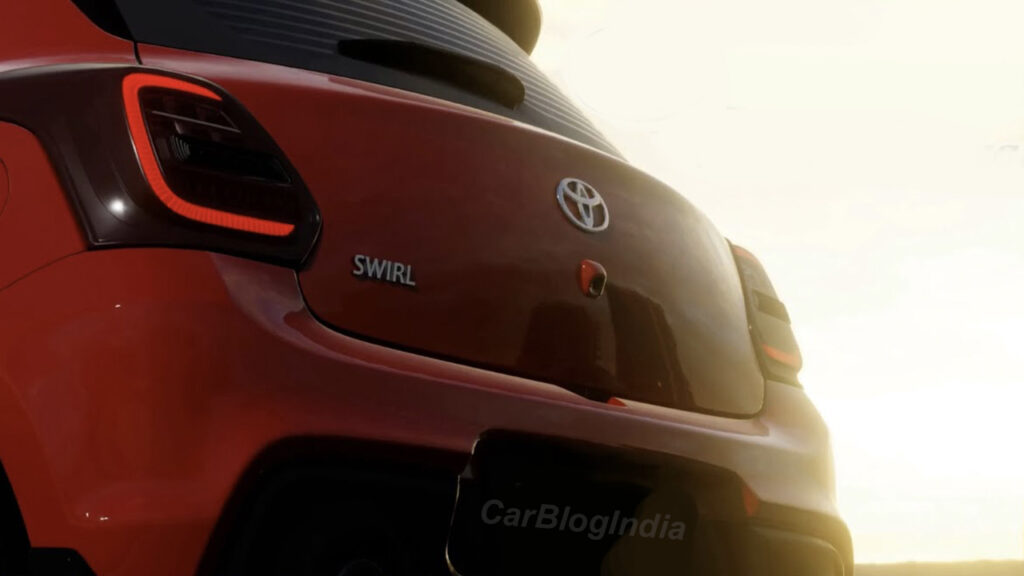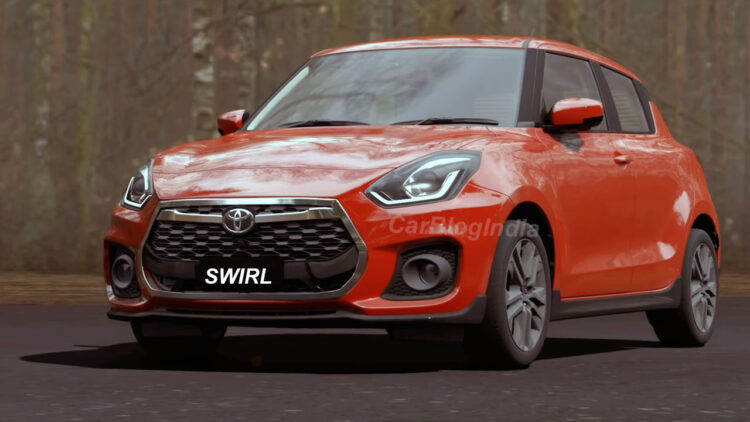It has come to light that Toyota had plans to badge engineer the Maruti Swift and Jimny. However, Suzuki is said to have refused such a collaboration. This decision clearly reflects Suzuki’s commitment to preserving the iconic status of these models. On the same time, it even highlights Toyota’s wish to further consolidate its foothold on the Indian turf.
You may also like: Aussie Expert Details All That’s Wrong with Toyota Fortuner
Suzuki Refuses to Share Halo Cars like Jimny and Swift
Despite years of partnership between Suzuki and Toyota, the proposal to badge engineer the Swift and Jimny has been met with a polite decline. Suzuki emphasizes that both models are integral to their brand DNA. Hence, rejecting the offer to share these models will help it prevent dilution of their iconic status. If the collaboration had materialized, Toyota could have gained a significant advantage in the Indian market. The Swift, a consistent performer in sales, and the Jimny, a potential entry-level 4×4 SUV for Toyota, could have expanded Toyota’s product lineup.
Visualizing the Collaboration: Earlier this year, a visual representation of a repurposed Swift, named ‘Toyota Swirl,’ surfaced. The concept showcased minimal visual differences, retaining the Swift’s design with slight modifications, including a new grille reminiscent of Toyota’s Innova Hycross. However, this creative vision remains unrealized due to Suzuki’s refusal.
You may also like: Toyota Fortuner to Get 48V Hybrid System in 2024

You may also like: Does Toyota Hilux Champ Preview an Affordable Toyota Fortuner?
Potential Benefits for Toyota
The collaboration could have offered Toyota various advantages, including market expansion, cost efficiency, and manufacturing capacity optimization. By rebadging Maruti cars, Toyota could easily tap into the mass market segment. The badge engineering ensures cost-savings associated with new model development, and leverage Maruti’s existing manufacturing facilities.
What we think: While Suzuki maintains its brand integrity by preserving the uniqueness of Swift and Jimny, the collaboration with Toyota could have provided Maruti access to advanced technology, enhancing its credibility and global market reach. Suzuki’s refusal marks a significant turn in the partnership dynamics between the two automakers. As Toyota explores alternative strategies, the automotive industry awaits further developments that could reshape the competitive landscape in India and beyond.
You may also like: Toyota Fortuner Looks Mean with Old Land Cruiser-Inspired Body Kit


